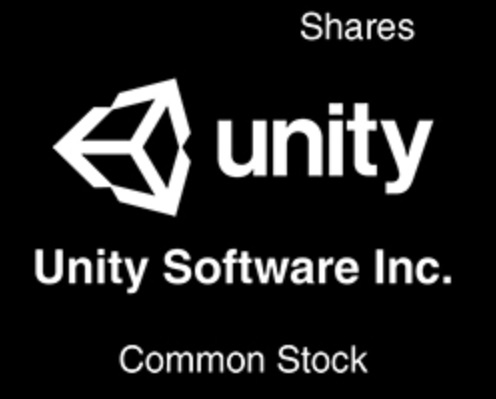
Oppenheimer maintains its “Perform” rating on Unity Software Inc. (NYSE:U), indicating confidence in the company’s strategic direction.
The decision to eliminate the controversial runtime fee and revert to a seat-based subscription model is expected to regain trust and attract new customers.
Unity’s stock price saw a roughly 12% increase following the announcement, reflecting positive investor sentiment towards the company’s pricing policy adjustments.
On September 12, 2024, Oppenheimer maintained its “Perform” rating on Unity Software Inc. (NYSE:U), a leading software company known for its development platform widely used in the creation and monetization of mobile games. This rating, suggesting that investors hold their positions, comes at a time when Unity’s stock was priced at $18.91. The decision by Oppenheimer reflects a growing confidence in Unity’s strategic direction, particularly highlighted by the company’s move to eliminate its controversial runtime fee, as reported by TheFly. Unity Software has been at the center of attention due to its pricing policies, especially the runtime fee introduced by former CEO John Riccitiello. This fee, which charged customers for each game download, faced significant backlash from the gaming community and was a key factor in the leadership transition within the company.
The appointment of Matt Bromberg as the new CEO marked a turning point, with his recent announcement to scrap the runtime fee being met with a positive response from investors, leading to a roughly 12% increase in Unity’s stock price. The decision to eliminate the runtime fee and revert to a seat-based subscription model for gaming customers is a strategic move aimed at regaining trust and fostering a more positive relationship with developers. Unity’s acknowledgment of the need for price adjustments, but not through controversial means, signifies a shift towards more traditional pricing strategies. This change is expected to not only appease existing customers but also attract new ones, potentially boosting Unity’s market position.
Following the announcement, Unity Software’s shares experienced a notable uptick, with an approximate 7% increase in afternoon trading. This response from the market underscores the significance of Unity’s pricing policy adjustments and their impact on investor sentiment. The company’s market capitalization now stands at approximately $7.5 billion, with a trading volume of 33.95 million shares, indicating a strong interest from the investment community. Unity’s strategic pivot away from the runtime fee and towards a more traditional pricing model reflects a broader trend in the software industry towards transparency and customer-friendly policies. By listening to the feedback from its developer community and making necessary adjustments, Unity is positioning itself for sustained growth and stability in the competitive software market.

